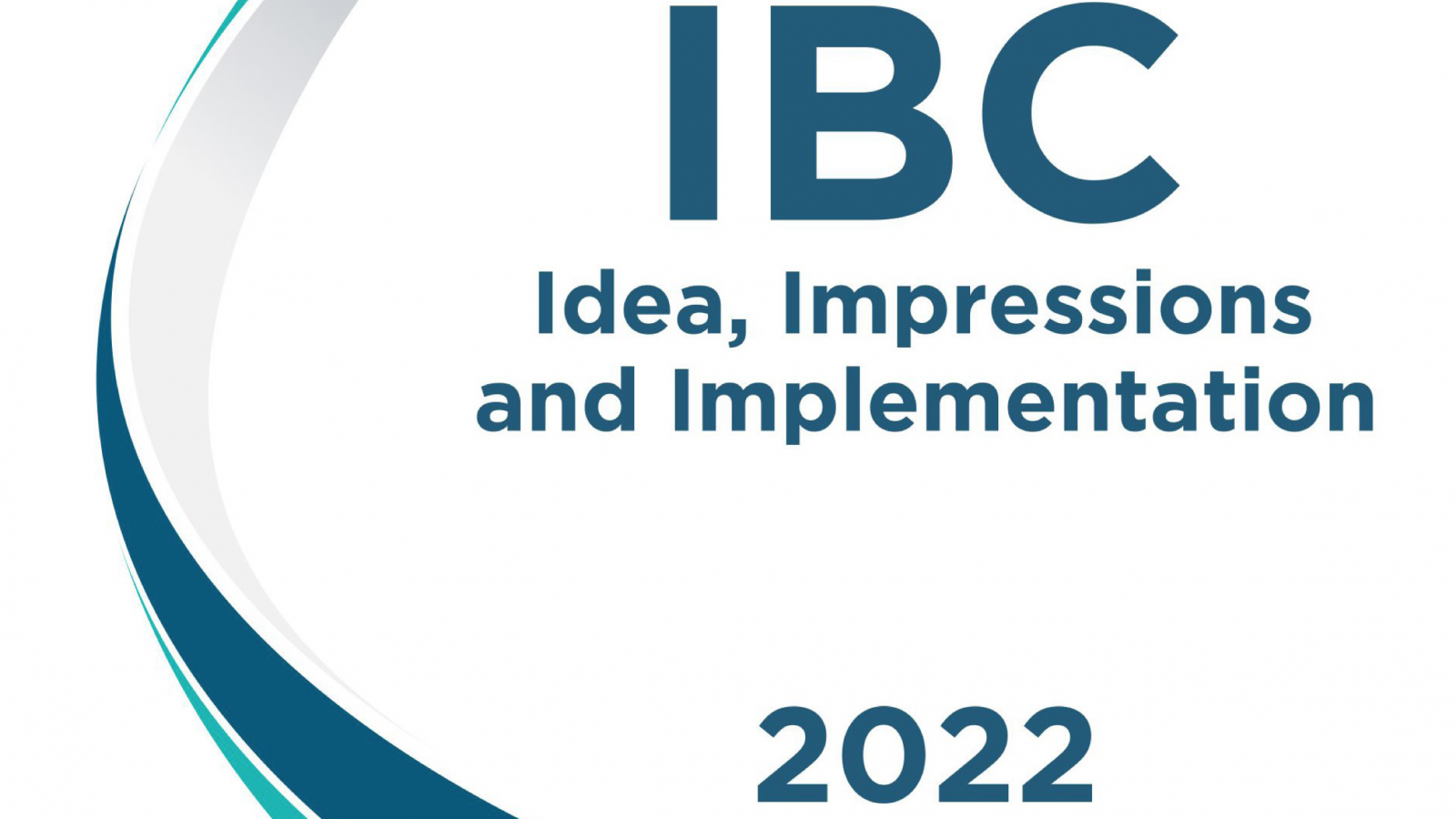These rules provide for a tribunal-supervised process by which a company can enter into a scheme of arrangement, amalgamation or a compromise with its creditors or members under section 230 of the Companies Act, 2013.
A scheme of arrangement or a compromise may be proposed between a company and its members or creditors and even involve two or more companies. Such schemes may include merger of two or more companies, demergers, reorganization of share capital and even debt restructuring, among other types of arrangements.
Once a scheme is proposed, the company or any shareholder or creditor or even the liquidator (if the company is being wound up) has to make an application to the National Company Law Tribunal for holding a meeting of the creditors or the shareholders, as the case may be for obtaining the necessary approvals.
The scheme or compromise is binding on the company and all its members or creditors (as the case may be) if it is approved by the requisite majority of the stakeholders and also sanctioned by the tribunal.
These rules provide a detailed mechanism for running the process. They also prescribe the methodology for determining the purchase price of shares in acquisitions involving buy-out of minority shareholders under section 236 of the Act.
About the Contributors

Debanshu Mukherjee
Debanshu is one of Vidhi’s Co-Founders. He has over a decade of experience in commercial laws and the financial sector and has advised the Government of India on several legislative projects in this space. He was instrumental in advising the Government on the design and drafting of the Insolvency and Bankruptcy Code and its subsequent implementation. He has developed and curated Vidhi’s work on insolvency law, corporate law, financial regulation, and competition law and conceptualized its Bankruptcy Research Program. He has served as a member of a Government-appointed committee for operationalizing the National Company Law Tribunal and deposed before two Parliamentary committees examining financial sector legislation. He has also worked as a teaching fellow at Harvard Law School.
He is an alumnus of the Harvard Law School, the University of Oxford, and Hidayatullah National Law University. He attended Harvard as a Fulbright Scholar and was awarded the Irving Oberman Memorial Prize in Bankruptcy and the Dean’s scholar prize in Corporations. He was also awarded a Distinction for his graduate studies at Oxford. In 2017, he was selected for NYU School of Law’s Hauser Global Scholarship, which he waived. His academic work has been published in peer-reviewed journals and an edited book published by Cambridge University Press, New York. He has been consulted by and mentioned in global business publications, such as IFR Asia and The Economist. Earlier, Debanshu practiced as an M&A and regulatory lawyer with AZB & Partners at its Mumbai and New Delhi offices.

Shreya Garg
Shreya is a Senior Resident Fellow, and leads the work at the intersection of law, finance and development at Vidhi. She is currently focusing on independent research work relating to financial inclusion, tech and corporate governance. She has worked on several engaged projects with the International Financial Services Centres Authority, Ministry of Corporate Affairs and the Insolvency and Bankruptcy Board of India. Shreya completed her LLB from National Law University, Jodhpur in 2012 and LLM from Queen Mary, London on a Chevening scholarship in 2019. She also worked with the European Bank for Reconstruction and Development, London in 2019. Prior to joining Vidhi in 2014, she worked as an Associate at Luthra & Luthra Law Offices, New Delhi.





